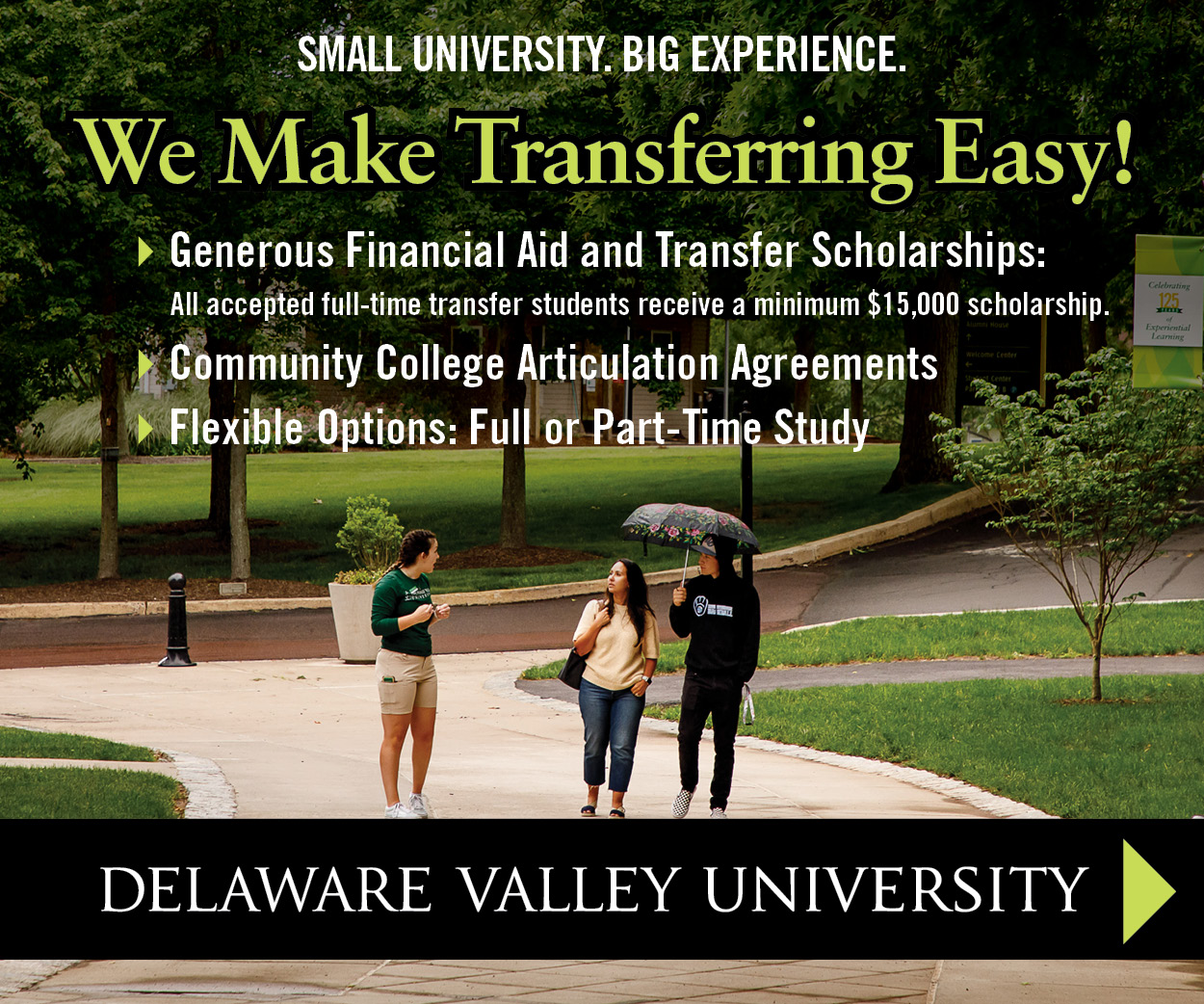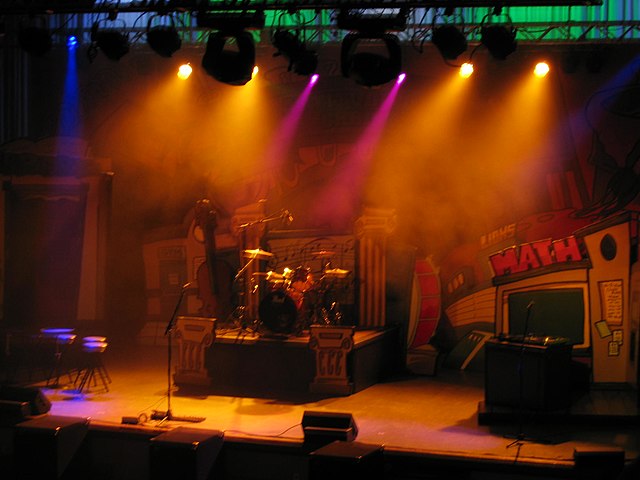Local performers are some of the people that have had it the hardest when it comes to working in a pandemic world.
Over the last year, many organizations were forced to adapt to a socially distant format in an attempt to stop the spread of COVID-19. Some organizations found it easier to adapt than others.
Venues in the Philadelphia area that support the local music scene are struggling to keep their doors open, and many local musicians are at their wits end for what they can do. Most local venues cannot afford to accommodate the COVID-19 guidelines.
One Philadelphia venue, The Voltage Lounge, spoke about the struggles they faced because of the pandemic.
“I’m not sure if there’s gonna be a voltage lounge a few months from now… nobody’s making any money, so I don’t know how much longer we can keep doing this,” said Nate Miller, The Voltage Lounge’s sound technician.
Miller had played in bands before choosing to run sound full time. Like many members of the local arts community, he has been hit hard.
Luckily, the Save Our Stages (SOS) act passed on Dec. 21, 2020 and provided $900 billion dollars in total federal aid for venues that met specific requirements.
The SOS act was a big help for most venues, but with COVID-19 restrictions still in place, independent artists are still struggling.
Eddie Tamanini, 20, a local musician from Langhorne, talked about adapting to the changing musical landscape.
“It’s tricky,” said Tamanini. “You have to do a lot of the virtual stuff like Instagram live concerts, and putting out creative content to keep people interested in what you’re doing”.
According to Tamanini, one of the most important things to do as an artist is to stay in touch with the venues you play at.
“Because I’m maintaining a connection with these places, when they start to re-open, I’m pretty sure that I’ll be on the shortlist for bookings. That’s just from emailing and calling and doing whatever I can till we get this over with,” said Tamanini.
The light at the end of the tunnel seems to be what most local artists are waiting for. But, with it having been over a year since the shutdown, it’s scary to think about how many aspiring artists are still waiting and how many have been forced to stop.


